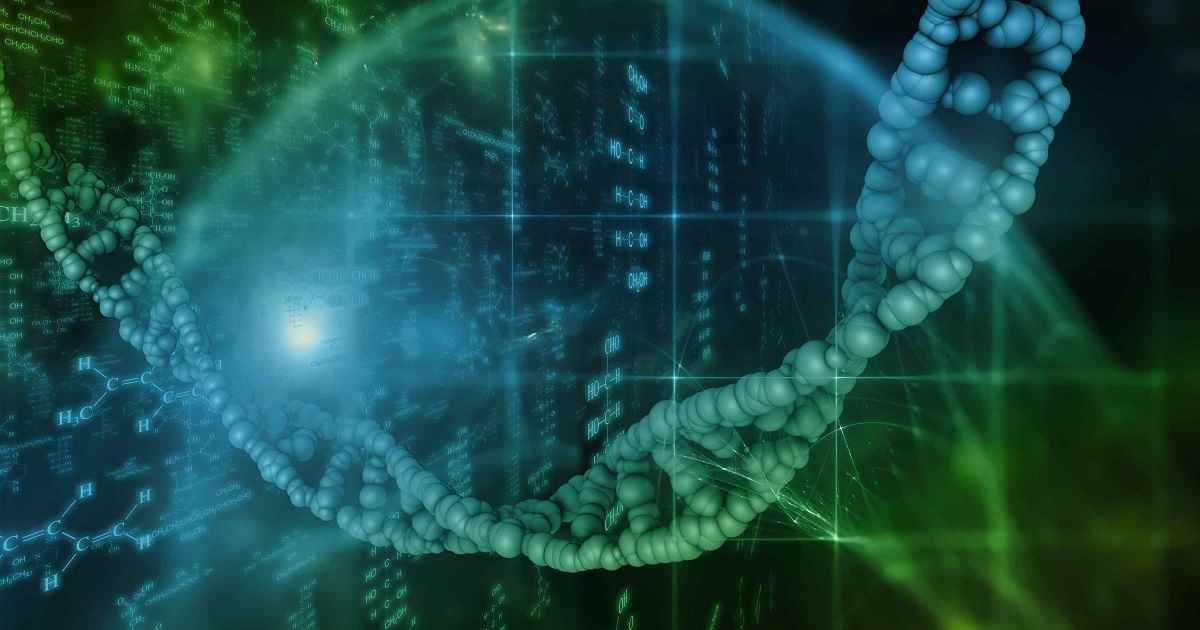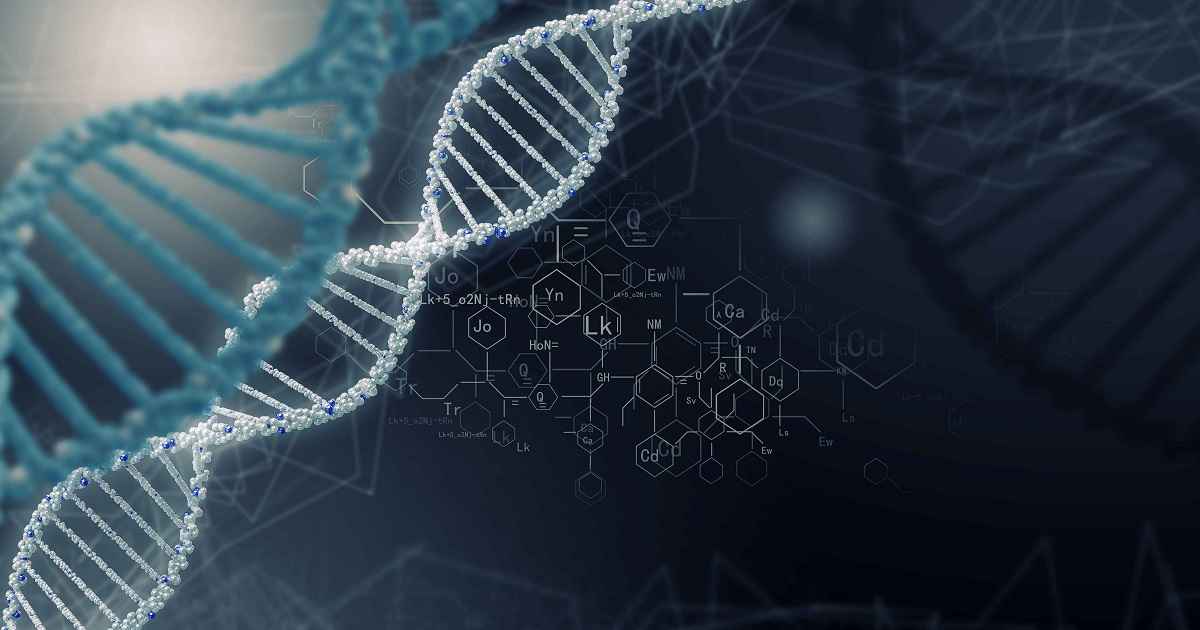
Medical
Twist Bioscience Corporation | January 30, 2024
Twist Bioscience Corporation a company enabling customers to succeed through its offering of high-quality synthetic DNA using its silicon platform, today announced the expansion of Twist Express Genes, a new leading gene synthesis service with an order to shipping turnaround starting at five business days1, to include larger DNA preparations up to 1 milligram.
The Express Genes offering, initially launched in November 2023, now extends to larger midiprep (10μg to 100 μg) and maxiprep (100μg to 1mg) DNA preparations. As with Twist standard speed Clonal Genes, all Twist Express Genes are NGS-verified as clonally perfect.
“Since the initial launch of our Express Genes service in November, we have received positive and enthusiastic feedback from existing customers on our consistent and rapid turnaround time. By expanding Express Genes to include midiprep and maxiprep, we can now offer rapid gene synthesis at all gene prep scales, enabling large scale experimentation for pharmaceutical, biotechnology, academic and industrial chemical researchers,” said Emily M. Leproust, Ph.D., CEO and co-founder of Twist Bioscience. “With the expanded offering of Twist Express Genes, more researchers can gain access to Twist genes fast and at scale, including those using alternative providers and those cloning their own genes. The ability to order and receive synthetic DNA fast and at scale means more time for cutting-edge research, more make-test-learn cycles, and an accelerated journey to game-changing discoveries.”
Twist leverages its ability to miniaturize the chemical reaction to create DNA using its silicon-based DNA synthesis platform along with expertise, software, optimized processes and the expanded layout of its Wilsonville facility to deliver Clonal Genes and Gene Fragments at scale and with rapid turnaround times. Twist’s Express Genes are offered with dynamic pricing, which reflects market demand and manufacturing capacity in a responsive premium price. Customers are able to quickly and easily place orders for Express Genes through Twist’s ecommerce platform.
Twist Express Genes
Twist Express Genes are 0.3kb to 5.0kb in length. Due to scale enabled by Twist’s platform, orders of any size both small and large can be filled, and as with standard speed Twist Clonal Genes, Twist Express Genes are NGS sequence-verified as one hundred percent accurate. Twist Express Genes can be cloned into catalog vectors or custom vectors so that customers can move right to experimentation. They can also be shipped in customers’ preferred delivery formats, including tubes and plates. For more information and product specifications click here.
Current turnaround times for some Twist Bioscience products
Express Genes1 (50ng-10µg): starting at 5 business days, now for up to 10µg
Standard Clonal Genes (50ng-10µg): starting at 10 business days
Express Genes1 (10µg-1mg): starting at 8 business days
Standard Clonal Genes (10µg-1mg): starting at 13 business days
1 Express Clonal Genes ship in 5-7 business days. DNA prep sizes including 10 μg - 100 μg, and 100 μg - 1 mg may incur an additional 3-5 days for synthesis. Orders placed outside of the US will incur additional delivery turnaround time. Express Genes orders that require new custom vector onboarding will incur an additional 1-2 weeks for processing.
About Twist Bioscience Corporation
Twist Bioscience is a leading and rapidly growing synthetic biology and genomics company that has developed a disruptive DNA synthesis platform to industrialize the engineering of biology. The core of the platform is a proprietary technology that pioneers a new method of manufacturing synthetic DNA by “writing” DNA on a silicon chip. Twist is leveraging its unique technology to manufacture a broad range of synthetic DNA-based products, including synthetic genes, tools for next-generation sequencing (NGS) preparation, and antibody libraries for drug discovery and development. Twist is also pursuing longer-term opportunities in digital data storage in DNA and biologics drug discovery. Twist makes products for use across many industries including healthcare, industrial chemicals, agriculture and academic research.
Read More

Medical
Capricor Therapeutics | January 24, 2024
Capricor Therapeutics a biotechnology company developing transformative cell and exosome-based therapeutics for the treatment and prevention of rare diseases, today announced that Capricor’s proprietary StealthX™ exosome-based multivalent vaccine (StealthX™ vaccine) for the prevention of SARS-CoV-2 has been selected to be part of Project NextGen, an initiative by the U.S. Department of Health and Human Services to advance a pipeline of new, innovative vaccines providing broader and more durable protection for COVID-19. As part of Project NextGen, the National Institute of Allergy and Infectious Diseases (NIAID), part of the National Institutes of Health, will conduct a Phase 1 clinical study with Capricor’s StealthX™ vaccine, subject to regulatory approval. NIAID's Division of Microbiology and Infectious Diseases (DMID) would oversee the study.
“We are extremely pleased with the external support from the NIH, which highlights the clinical potential of our StealthX™ exosome platform technology and provides non-dilutive support for the advancement of our vaccine candidate,” said Linda Marbán, Ph.D., Capricor’s chief executive officer. “Our proprietary vaccine is multivalent, delivering both the highly mutagenic S protein (Spike) and the more stable N protein (Nucleocapsid) which potentially may offer broader and longer lasting immunity against SARS-CoV-2. We view the NIH SARS-CoV-2 project as the first clinical step towards development of a next generation vaccine platform that may be extended to other infectious diseases. Our platform is designed to combine the speed of response of an mRNA vaccine with the potential efficacy of a protein vaccine. Further, our StealthX™ vaccine is free of both adjuvant and lipid nanoparticles and in preclinical studies has generated a strong immune response at low doses. We believe our StealthX™ vaccine may offer a clinically meaningful alternative for highly mutating or novel infectious agents.”
Dr. Marbán continued, “This is the opportunity we have been waiting for as it allows the exosome technology to be brought into the clinic as we continue to focus our resources on CAP-1002 for the treatment of Duchenne muscular dystrophy. Beyond SARS-CoV-2, we look forward to exploring the potential therapeutic utility of this platform, and more broadly, expanding our pipeline into therapeutics and future partnership opportunities.”
About Capricor’s StealthX™ Vaccine
The StealthX™ vaccine is a proprietary vaccine developed internally by Capricor utilizing exosomes that were engineered to express either spike or nucleocapsid proteins on the surface. Preclinical results from murine and rabbit models published in Microbiology Spectrum, showed the StealthX™ vaccine, resulted in robust antibody production, potent neutralizing antibodies, a strong T-cell response and a favorable safety profile. These effects were obtained with administration of only nanogram amounts of protein and without adjuvant or synthetic lipid nanoparticles (LNPs). Exosomes offer a new antigen delivery system that potentially could be utilized to rapidly generate multivalent protein-based vaccines. Exosomes, first identified as extracellular vesicles, are small vesicles enriched in specific subsets of proteins, RNAs and lipids and responsible for cell-to-cell communication.
About Capricor Therapeutics
Capricor Therapeutics, Inc. is a biotechnology company focused on the development of transformative cell and exosome-based therapeutics for the treatment and prevention of rare diseases. Capricor’s lead candidate, CAP-1002, is an allogeneic cardiac-derived cell therapy currently in Phase 3 clinical development for treating Duchenne muscular dystrophy (DMD). Further, Capricor has entered into a partnership for the exclusive commercialization and distribution of CAP-1002 for DMD in the United States and Japan with Nippon Shinyaku Co., Ltd. (U.S. subsidiary: NS Pharma, Inc.), subject to regulatory approval. Capricor is also developing its exosome technology as a potential next-generation therapeutic platform. Our proprietary StealthX™ exosome platform has potential for a broad range of new therapeutic applications in the field of vaccinology as well as targeted oligonucleotide, protein and small molecule therapeutics to treat or prevent a variety of diseases.
Read More

MedTech
Stevanato Group | January 25, 2024
Stevanato Group S.p.A. a leading global provider of drug containment and delivery solutions to the pharmaceutical, biotechnology, and life sciences industries, unveiled today two new offerings for efficient small batch pharmaceutical manufacturing: the EZ-fill® Kit and the non-GMP laboratory fill and finish service at its Technology Excellence Centers (TEC).
In a context where reducing time-to-market is key, Stevanato Group’s new EZ-fill® Kit offers fast access to a customizable and versatile solution to pharma and biotech companies needing to efficiently fill small batches with high-quality injectable formulations during clinical trials or commercial phases.
The surge the industry has seen in biopharmaceuticals treating various diseases in several therapeutical areas may signal a significant growth potential for pharmaceutical companies. Injectables, comprising more than 60% of the over 21,000 drugs currently in development, of which 44% are biopharmaceuticals, require high-performance primary packaging and delivery technologies for proper storage and administration.
Stevanato Group’s EZ-fill® Kit builds on its existing ready-to-use platform of pre-sterilized containment solutions – vials, cartridges, and syringes – allowing customers to effectively screen different primary packaging in combination with drug products. The kit will be available as a modular box made up of glass ready-to-use drug containers and add-on components on request, shipped by courier. As a result, the platform can bring enhanced levels of quality and safety to patients across the entire drug life cycle and improve the rate at which new drugs enter the market. EZ-fill® Kit will be presented at Pharmapack and is expected to be available commercially beginning in the second quarter of 2024.
Additionally, to better support customers, Stevanato Group has introduced a non-GMP laboratory filling and finishing service at its Technology Excellence Centers (TEC) in Boston, USA, and Piombino Dese, Italy. This new service allows customers to assess and identify the possible effects of the fill-and-finish process on their product performance as early as the container selection stage, thus de-risking processes and enhancing development and commercialization strategy.
“In the race to bring new advanced biopharmaceutical products to market and to patients, Stevanato Group is tackling the challenge of supporting customers with flexible drug containment and filling solutions in a timely manner," says Fabio Bertacchini, Senior Director EZ-fill® Vials & Cartridges at Stevanato Group. "Stevanato Group remains focused on developing new offerings that can help raise pharmaceutical manufacturing standards. By leveraging the expertise provided by our global TEC Centers, we aim to support customers' innovation, helping them face tests and de-risking processes and making right-the-first-time choices throughout their drug development journey.”
About Stevanato Group
Founded in 1949, Stevanato Group is a leading global provider of drug containment, drug delivery and diagnostic solutions to the pharmaceutical, biotechnology and life sciences industries. The Group delivers an integrated, end-to-end portfolio of products, processes and services that address customer needs across the entire drug life cycle at each of the development, clinical and commercial stages. Stevanato Group’s core capabilities in scientific research and development, its commitment to technical innovation and its engineering excellence are central to its ability to offer value added solutions to clients.
Read More